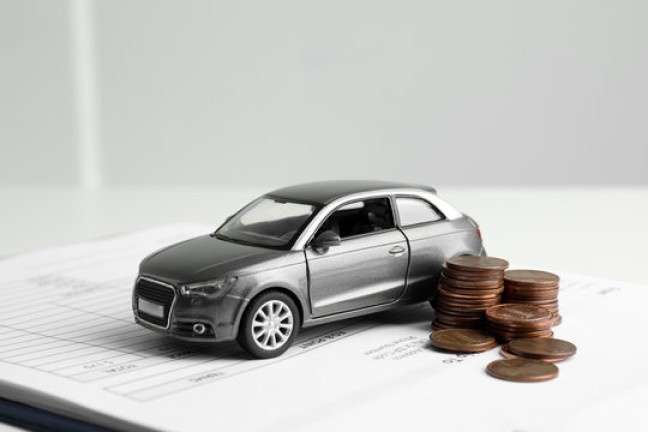Getting a car loan rejection can be frustrating, but understanding the reasons behind it can help you take corrective steps. Many people experience this situation, and banks decline applications for different reasons. I’ll walk you through why banks reject car finance, how you can address these issues, and what alternative options exist.
Table of Contents
Common Reasons for Car Finance Rejection
Banks have strict lending criteria, and if an applicant doesn’t meet their requirements, they may decline the loan. Here are some common reasons:
1. Poor Credit Score
A credit score is one of the first things a lender examines. Banks use it to determine the risk of lending money. If your score is low, it signals that you may have trouble repaying the loan.
Credit Score Requirements
| Credit Score Range | Loan Approval Likelihood |
|---|---|
| 750+ | High |
| 650 – 749 | Moderate |
| 550 – 649 | Low |
| Below 550 | Very Low |
A score below 650 makes approval difficult. If your application was declined, check your score and find ways to improve it before reapplying.
2. Insufficient Income
Banks assess your ability to repay the loan based on your income. If your income is inconsistent or below their minimum requirement, they may reject your application.
Example of Debt-to-Income (DTI) Ratio Calculation
If your monthly income is $4,000 and your existing debts are $1,500, your DTI ratio is:
\text{DTI} = \left( \frac{\text{Debt Payments}}{\text{Gross Income}} \right) \times 100Most banks prefer a DTI below 40%. If your ratio is higher, consider reducing your debt before applying again.
3. Unstable Employment History
Banks prefer applicants with stable employment. Frequent job changes or gaps in employment can raise concerns.
Employment Stability Requirements
| Employment Type | Preferred Stability |
|---|---|
| Salaried Employee | 6+ months at current job |
| Self-Employed | 2+ years of consistent income |
| Freelancer | 2+ years of stable earnings |
If you recently switched jobs, consider waiting a few months before reapplying.
4. High Existing Debt
If you already have multiple loans or a high credit card balance, banks may reject your application. High debt signals financial strain, making lenders hesitant.
5. Mistakes in Your Application
Errors in your application, such as incorrect income details or mismatched personal information, can cause rejection. Always double-check your application before submission.
Steps to Take After Rejection
1. Review the Rejection Reason
Banks provide a reason for rejection. Review it carefully to understand what went wrong.
2. Improve Your Credit Score
- Pay off outstanding debts.
- Avoid missed payments.
- Keep your credit utilization below 30%.
- Check your credit report for errors.
3. Increase Your Income or Reduce Debt
If your income is too low, consider getting a side job or freelancing. Reducing existing debt also improves your chances.
4. Apply with a Co-Signer
A co-signer with a strong credit profile can boost approval chances. However, ensure the co-signer understands the risks.
5. Look for Alternative Lenders
If a bank rejects your application, consider other lending options:
| Lender Type | Approval Criteria | Interest Rate (Approx.) |
|---|---|---|
| Credit Unions | Flexible | 3% – 8% |
| Online Lenders | Moderate | 5% – 15% |
| Dealership Financing | Varies | 5% – 20% |
Alternative Car Financing Options
1. Buy-Here-Pay-Here (BHPH) Dealers
BHPH dealerships offer financing directly. They may approve applicants with poor credit but often charge higher interest rates.
2. Lease a Vehicle
If financing a car isn’t an option, leasing might be a temporary solution. Lease payments are usually lower, but you won’t own the car at the end of the term.
3. Personal Loans for Car Purchase
If a car loan isn’t approved, a personal loan may work. However, personal loans often have higher interest rates.
Final Thoughts
A rejected car finance application isn’t the end of the road. Identify the issue, take corrective steps, and explore alternative options. A little patience and financial planning can increase your chances of getting approved in the future.





